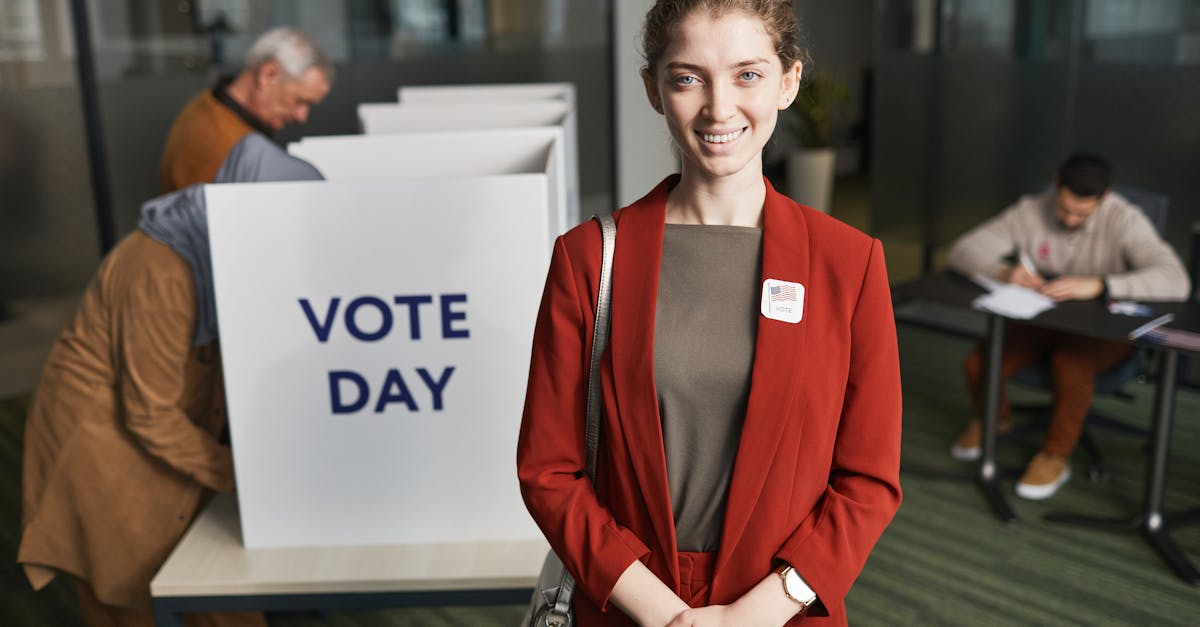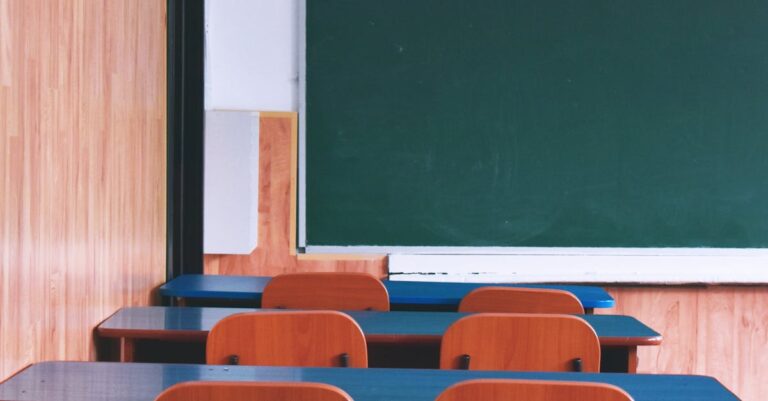
In the realm of education and free speech, the issue of book bans has recently taken center stage, sparking heated debates and passionate protests across the nation. In Flagler County, Florida, this contentious topic has gained particular traction, with schools at the epicenter of a fierce battle over what students can and cannot read.
The concept of book bans in school libraries has long been a controversial issue, with proponents arguing for the protection of students from potentially harmful or inappropriate content, while opponents advocate for the preservation of intellectual freedom and the encouragement of critical thinking skills. In recent years, this debate has intensified, fueled by a growing polarisation and the rise of politically charged content in literature.
What makes the situation in Flagler County unique is the fervent response it has elicited from various stakeholders. Parents, teachers, and community members have taken to the streets in protest, decrying what they see as a violation of academic freedom and an infringement on students’ rights to access diverse perspectives and ideas. The controversy has not only brought national attention to Flagler County but has also highlighted the broader implications of censorship in education.
At the heart of the matter lies the question of who gets to decide what students can read. While some argue that certain books are inappropriate for young minds and should be restricted, others contend that exposing students to controversial or challenging material is essential for their intellectual growth and development. The clash between these competing interests has created a tense atmosphere in Flagler County, with no clear resolution in sight.
As the debate rages on, it is essential for educators, policymakers, and community members to engage in constructive dialogue and seek common ground. While concerns about the appropriateness of certain literature are valid, it is crucial to balance these considerations with a commitment to fostering a culture of open inquiry and intellectual curiosity in schools.
In conclusion, the controversy over book bans in Flagler County serves as a microcosm of a larger national conversation about the boundaries of free expression and the role of education in shaping young minds. By addressing these issues thoughtfully and respectfully, we can work towards creating an environment where intellectual diversity is cherished, and critical thinking is nurtured.
So, as Flagler County remains at the forefront of this groundbreaking current event, let us reflect on the values that underpin our educational system and strive to ensure that students have the opportunity to explore the complex and multifaceted world of ideas without fear of censorship or restriction.







The issue of book bans in school libraries is a hot topic that’s stirring up
Oh boy, book bans in Flagler County? That’s like trying to ban popcorn at the movies – totally unnecessary! Let the kids read, let their minds roam free like a herd of unicorns galloping through a field of rainbows. Who
Wow, because clearly banning books is the best way to protect our precious little snowflakes from the
Woah, all this book ban drama in Flagler County is like a real-life soap opera unfolding in our school libraries!
I think it’s so important for students to have the chance to read lots of different books, you know? Like, they need to explore different ideas and learn about the world and stuff. Book bans can be kinda tricky because some people want to protect kids from things that might not be appropriate, but then other people say that kids should be able to read whatever
Wow, this is a tough discussion! I think it’s important for kids to read different stuff to learn and grow
Wow, because clearly the best way to protect young minds is to shield them from any potentially challenging or controversial ideas. Who needs critical thinking skills anyway when we can just bubble wrap our children’s minds and keep them
Hey y’all, book bans? More like book bland, am I right? Why ban books when you can just skip
Wow, because banning books is definitely the best way to protect our delicate little snowflakes from the big bad world out there. I mean, who needs diverse perspectives and critical thinking skills when we can just shield everyone from anything remotely controversial, right? Let
Omg, book bans are like so crazy, right? I mean,
I think it’s really important for students to have access to different perspectives and ideas.
in my opinion, book bans are not good because they can stop peolpe from reading important stuff and learning new things. kids should be able to read what
This is so sad to read about. Books are like windows to other worlds, and when we start banning them
omg this is so sad! why are they banning books? books are like windows to the soul, man. we need to let kids read what they want, not censor them. like, let the ideas
Woah, so like, banning books is like, super not cool, man. We gotta let the kiddos read all the stuff to expand their
I think the whole book banning situation is super sad. Kids need to be able to read different stuff to learn and grow. It’s good to talk about it and figure out a way to make everyone happy. We need to support our teachers and
Wow, because nothing says intellectual growth like banning books, right? I mean, who needs diverse perspectives and critical thinking skills when you can just shield students from anything remotely challenging or controversial
All dis talk about book bans be really makin’ my brain hurt. Who should really get to decide what students can and cannot read? It’s a
I think book bans are not good. Everyone should be able to read what they want. Education is important and we need to learn about different things. Students need to have a chance to learn and think for themselves. Intellectual freedom is key. People should talk and find a way to solve this problem.